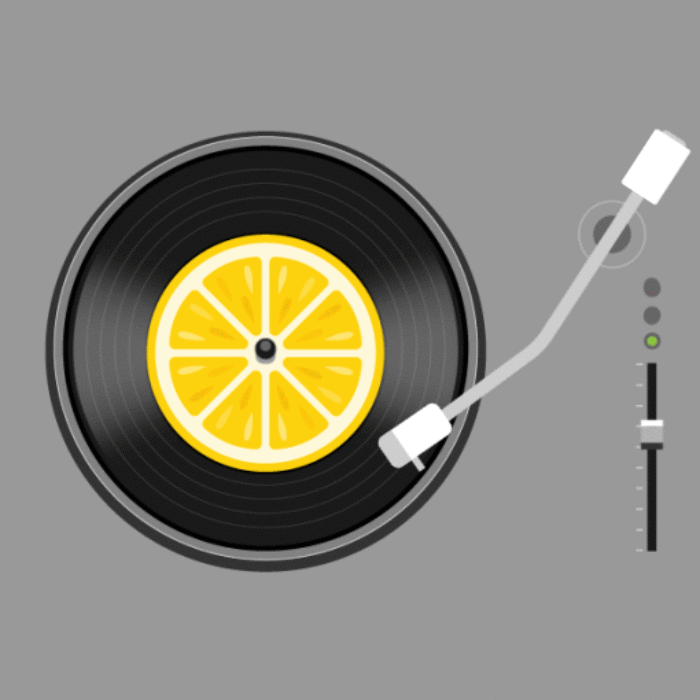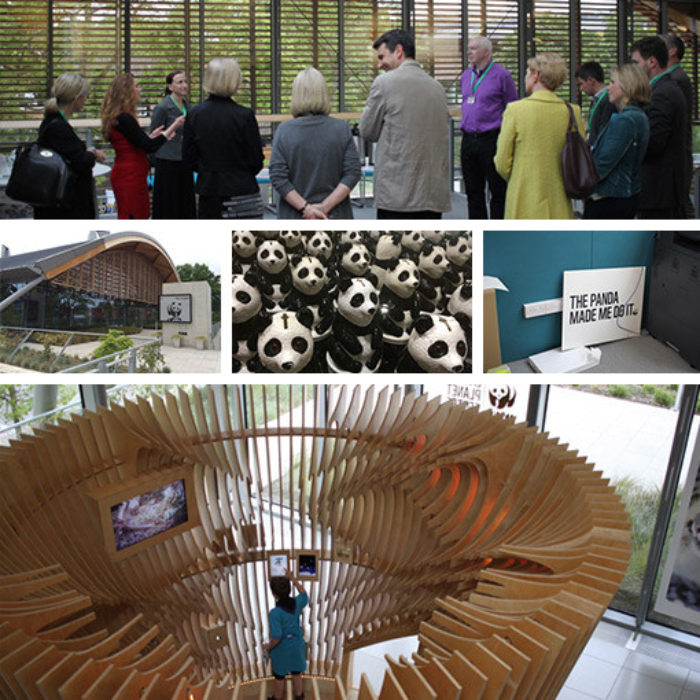How Generation Z will drive organisational change
Organisations and businesses need to prepare the ground for the coming of Generation Z. Because everything’s about to change…
Canadian author and artist Douglas Coupland popularised the ‘X’ moniker for that generation of people that followed the post-war baby-boomers. Gen Xers (like myself) were born anywhere from the mid ‘60s to the early ‘80s. In social terms, we were supposedly the MTV generation, in search of personal freedoms, expression and empowerment, yet one also driven by a need for equality and fairness.
The connected generation
Generation Y aka ’the millennials’ followed – that cohort now generally between 20 and 35 years of age, which somewhat unfairly was labelled the ‘me’ generation: a demography apparently obsessed with celebrity culture, and optimistic for a ‘future so bright, they gotta wear shades’. That’s the cliché. The truth is that Gen Y are less narcissistic and more idealistic – they know they have a lot to offer, and want to fulfil their potential.
Though the story of Gen Y is also partly one of lost innocence; from those heady days of increased personal freedoms that accompanied the rise of the internet, texting, and the iPod’s ‘1000 songs in your pocket’, the millennials lived through the bursting dot.com bubble, the horrors of 9/11 and 7/7, and the (still ongoing) global financial downturn fomented by the market crises of 2008.
And now we have Generation Z – young people that have never known a world without the internet, who are always connected, with social media woven into their DNA, who are using smartphones and tablets as toddlers, and who’ve only experienced a post-9/11 world. Gen Zs are less idealistic and more realistic, their lives lived against a backdrop of climate change, mass migration, terrorism, and social inequalities at the global scale.
The power of Gen Z
Because of their size (the largest generational demographic in the US) and their disproportionate financial and influencing reach (some $44bn of buying power in the US alone), Gen Zs are the must-hit target audience for marketers the world over.
But this new generation are nobody’s fools: they are more socially, environmentally and technologically aware than any before. They understand the challenges facing the world, and they are much more determined to use the tools at their disposal to do something about them. They are media literate from a startlingly early age, and have a healthy scepticism of the corporate message. In the recent words of AdWeek to its marketer readership: “Remember: Gen Z doesn’t need you.”
And according to a Forbes report: “Zs are inquisitive and globally aware. They’re already offering suggestions, solving problems, and proving their savvy, demonstrating how prepared they are for stressful and uncertain times.”
In fact, they are already a powerful force for culture change and global activism, with growing volunteering numbers, and inspirational role models like Nobel Peace Prize winner Malala Yousafzai, and actor and UN Women Goodwill Ambassador Emma Watson. The Zs admire entrepreneurs and social pioneers over celebrities.
Appealing to Gen Z
So, how can organisations and brands best harness this growing, and increasingly powerful generation, and inspire them to support their social, environmental and political movements?
- Authenticity is essential. Look at the rise of YouTube broadcasters as the key spokespeople to and from Gen Z. Any brand or organisation wanting to engage with Zs must be honest, real and relatable. Quirks and all. Be yourself, but talk to them on their terms. And this need for authenticity is threaded through everything else…
- Make a difference. More than any previous generation, the Zs demand that the brands and organisations they follow are doing something positive and have a social cause or partnership that drives them. And it must be more than a partnership of opportunity – they can tell when it’s just fluff. Authentic, remember?
- Be in their territory. The Zs live on social media. You’ll have to be there too. But it’s not just the usual suspects. In a world where Snapchat and Whisper dominate, Facebook and Twitter still matter to Zs, but perhaps not as much as you think. You’ll have much more success with Instagram. Get your video content on YouTube and Vine, and embrace live-streaming platforms like Periscope and Meerkat, which enable you to talk candidly to your young customers and stakeholders in real time.
- Quality counts. Zs multitask all the time. They live in a multiscreen, multi-app environment – so there is always a competing message. With an attention span of around eight seconds, only the good stuff gets curated by Zs. And if they really like what you’re saying, they will share it with their circles or remix it into something new. But you can’t force it. Give them something of value, of interest, something genuine that cuts through the noise. And if you can make them smile at the same time, all the better.
A global social cohort
The teenagers of Generation Z are already the most digitally engaged global social cohort, and over the next five years they will likely become the most empowered too. As the Zs graduate and hit the workplace en masse they will, like all generations before them, begin to fundamentally shift the way their employers think and function.
As a smart organisation, you’ll already be planning for how you can change your business to best harness the unstoppable force of Generation Z. Because if you don’t evolve to meet their needs and expectations, they’re going to change you from the inside anyway.




